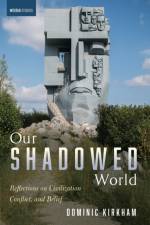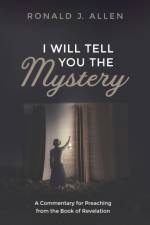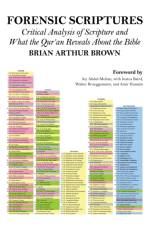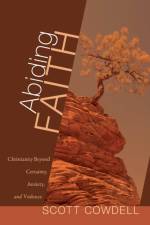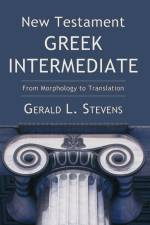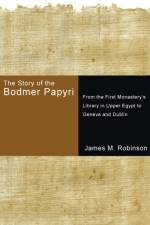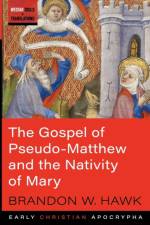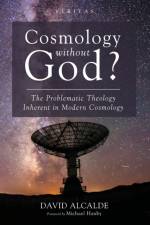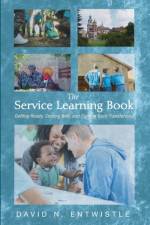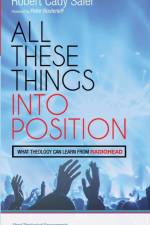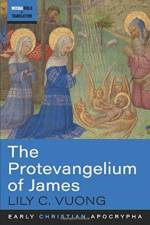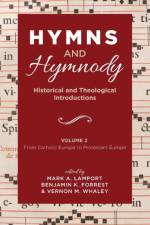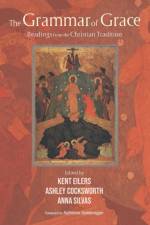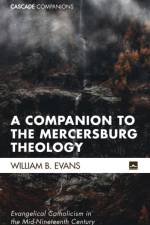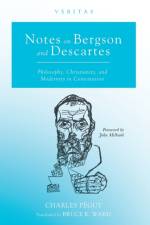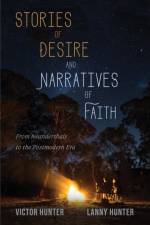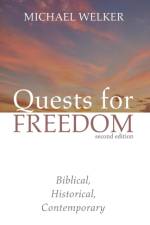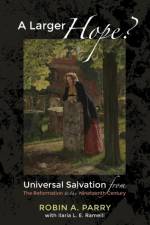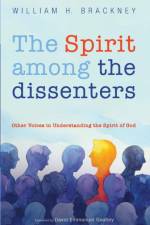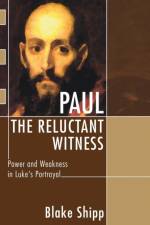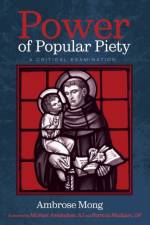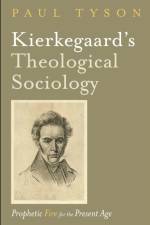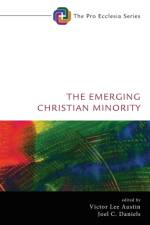969
This anthology is a collection of readings on the Christian life. They were carefully selected from every era of history and from across the spectrum of Christian traditions. They include letters, sermons, treatises and disputations, poems, songs and hymns, confessions, biblical commentary, and even part of a novel. In each case, the subject is life with God, life in God, life for God--life infused and enlivened by God's grace.The editors introduce each selection, highlighting relevant aspects of the author's biography, spirituality, and historical context. Introductions are also provided for the major eras of the church which present theological, historical, and cultural perspectives to help the reader best engage the selections. For individuals and groups, classrooms and seminars, this collection will generate dialogue between past and present, and between traditions familiar and unfamiliar. It is not merely a book on the Christian life but for the Christian life, making yesterday's witness to life with God a resource for the Church today.""Today, people often know why a biologist or a historian is important. But many people draw a blank when asked what a theologian would be good for. Just in time, The Grammar of Grace reminds us that the theologians are important because they know (or should know) about the reality and communication of God's grace. This highly welcome anthology displays the riches that the life of theological learning, united with Christ, has to offer.""--Matthew Levering, Mundelein Seminary""Grace is central to Christianity, but also-maybe therefore--highly contentious; it could be argued that all controversies among Christians revolve round the notion of grace. This wonderful anthology of passages--drawn from treatises, rules of living, prayer and praise--illustrates both the richness of grace, as its manifold signs are explored, and a sense of the one thing necessary: Christ and his grace.""--Andrew Louth, Durham University""This anthology is a remarkable accomplishment. Traversing the entire history of the church, every major Christian tradition, and a spectrum of literary genres, Eilers, Cocksworth, and Silvas take the reader on an exhilarating pilgrimage, centering throughout on the proximity of God. The result is a tremendous collection of writings that focus on the Christian life--the grammar of God's undeserved, transformative favor in Jesus Christ. The retrieval theology of The Grammar of Grace illuminates life with God as the pulsing heartbeat of the Christian tradition.""--Hans Boersma, Regent CollegeKent Eilers is Professor of Theology at Huntington University (USA). He has authored and edited several books, including Theology as Retrieval, with W. David Buschart (2015) and Sanctified by Grace, with Kyle Strobel (2014).Ashley Cocksworth is Senior Lecturer in Theology and Practice at the University of Roehampton (UK). He is the author of Karl Barth on Prayer (2015) and Prayer: A Guide for the Perplexed (2018). Anna Silvas is adjunct research fellow at the University of New England (Australia). She is the editor and translator of Basil of Caesarea. Questions of the Brothers: Syriac Text and English Translation (2014) and The Rule of St. Basil in Latin and English: A Revised Critical Edition (2013).


